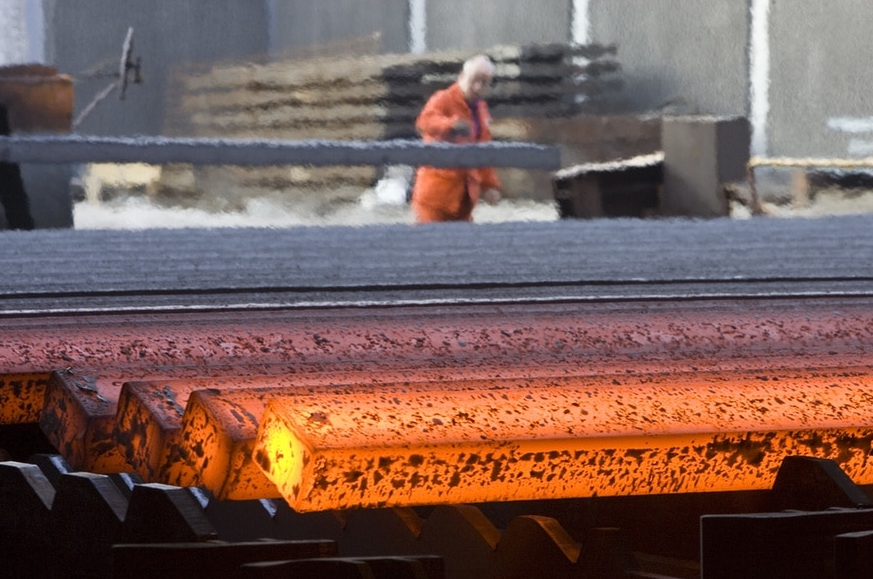© Keystone / Gaetan Bally High energy prices have forced a steel mill in Switzerland to prepare for short-time working to avoid layoffs. The Stahl Gerlafingen steel plant in the canton of Solothurn has been granted permission to resort to short-time working from October to December as a preventive measure. The mill consumes as much electricity ...
Topics:
Swissinfo considers the following as important: 3.) Swissinfo Business and Economy, 3) Swiss Markets and News, Business, Featured, newsletter
This could be interesting, too:
Nachrichten Ticker - www.finanzen.ch writes Die Performance der Kryptowährungen in KW 9: Das hat sich bei Bitcoin, Ether & Co. getan
Nachrichten Ticker - www.finanzen.ch writes Wer verbirgt sich hinter der Ethereum-Technologie?
Martin Hartmann writes Eine Analyse nach den Lehren von Milton Friedman
Marc Chandler writes March 2025 Monthly
High energy prices have forced a steel mill in Switzerland to prepare for short-time working to avoid layoffs.
The Stahl Gerlafingen steel plant in the canton of Solothurn has been granted permission to resort to short-time working from October to December as a preventive measure. The mill consumes as much electricity as 70,000 households and is expecting a bill of CHF45 million for October, writes the NZZ am Sonntag.
This is more than the annual electricity cost, said company director Alain Creteur. The factory, owned by Italian Beltrame Group, produces around 2,600 tonnes of steel every day.
In Switzerland, when a company finds itself in difficulty, it can temporarily reduce the working hours of its staff (known as short-time working). The employees then work at a lower percentage and the employer pays a lower salary. The unemployment insurance compensates 80% of the loss of income of the employee on short-time work.
The measure was used by many Swiss companies in recent years as a result of restrictions related to the Covid pandemic. This is one of the first cases of a company using short-time working to deal with the energy crisis caused by the war in Ukraine.
More: SWI swissinfo.ch certified by the Journalism Trust Initiative
Tags: Business,Featured,newsletter

